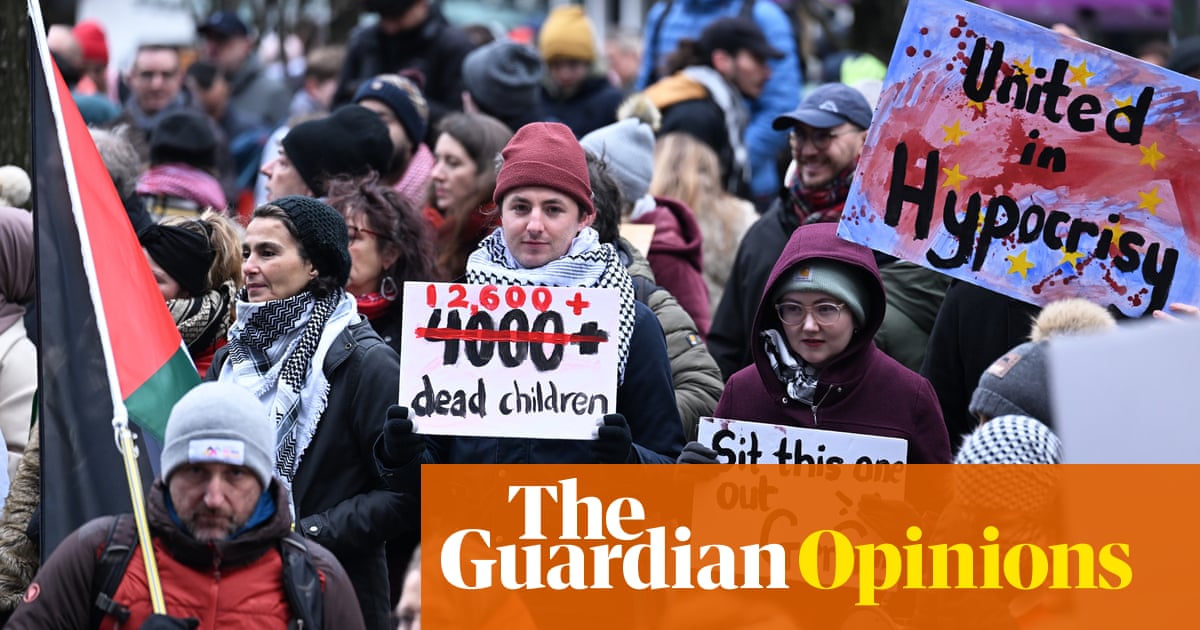
While COP27 in Sharm-El-Sheikh in Egypt has only reached the halfway mark, it is already clear that one of the key, distinctive features of this year’s UN climate summit is the way in which the voice of developing countries has been brought to the fore.
This is reflected in the issues that are being discussed; for example, “loss and damage” has been included on the official COP agenda for the first time.
However, it is not the case that this if the first or only time that the Global South has exerted its influence.
Indeed, developing countries in Africa, Asia and South America, which will provide the engine of global economic growth in coming decades, have long been leading the way in the development of a legal framework for climate security.
Many of them have concluded it is in their national interests to reduce greenhouse gas emissions by embracing the growth and development of low-carbon technologies, and to better prepare for the effects of climate change by advancing laws and policies that address them.
Take the example of Mexico, which about a decade ago passed its General Law on Climate Change. This is a comprehensive, economy-wide legislative framework for tackling climate change alongside the UN’s REDD+ (Reducing Emissions from Deforestation and Forest Degradation) framework that was adopted at COP19 in 2013.
While Mexico, the second-biggest greenhouse gas emitter in South America, has much further to travel on its climate-commitment journey, it is one of the very few states to announce at COP27 that it is expanding its ambitions.
It said it is raising its target for unconditionally cutting emissions to 30 percent below current levels by 2030. The previous target was 22 percent. The nation will also raise its target for conditional emission cuts — a goal that is dependent on external support — to 40 percent from 36 percent.
So it is not a new development that developing countries are making an impact at a COP event. However, this latest summit highlights the degree to which the collective voice of the Global South has grown as the power and influence of these key emerging markets increases significantly.
Perhaps the best illustration of this at COP27 can be found in the issues on the agenda. As noted, “loss and damage” is officially on it for the first time. This follows extreme climate-related events, such as the catastrophic flooding this year in Pakistan, that have resulted in heightened calls for action by activists and government representatives.
At COP26 in Scotland last year, the Glasgow Dialogue on Loss and Damage was established to discuss possible funding arrangements. Its first session took place during UN negotiations in Bonn in June, where several emerging markets made clear their view that talks must lead to the provision of a finance facility, and soon.
Representatives from the Global South hope that during COP27, Egypt can facilitate a stronger platform for the issue of loss and damage. Ministers from Chile and Germany have been appointed to coordinate loss and damage discussions under the Glasgow Dialogue. Developing nations want COP27, at a minimum, to kick-start a process under the UN framework to formalize funding arrangements in response to loss and damage.
Another example of how the issues on the agenda at COP27 are being influenced by the Global South is the increased prominence of wider climate finance discussions. In 2009, developed countries committed to mobilizing $100 billion of funding a year to support climate action in developing countries.
Yet official UN and independent reports show that developed countries are missing this target. For example, an assessment by the Organization for Economic Cooperation and Development found that developed countries delivered $83.3 billion dollars of climate finance in 2020.
Pressure is growing at COP27 for governments to finally deliver on their full commitments, and countries are also preparing to outline a new collective-finance goal that would come into effect after 2025, with an agreement on this expected in 2024.
The extensive lessons learned about the provision and mobilization of the original $100 billion target are important for issues pertaining to the scale, scope, quality and accountability of the important new goal.
Additionally, South Africa in 2021 announced a partnership with France, Germany, the UK, the US and the EU to mobilize $8.5 billion dollars to support its transition to a low-emissions, climate-resilient economy. There have been updates during COP27 about the progress made by donor nations in ensuring their funding meets South Africa’s needs.
The G7 noted in June the growing interest in building on this South African model and moving forward with similar energy-transition partnerships in other key emerging markets such as India, Indonesia, Senegal and Vietnam. Whether these partnerships can successfully deliver finance and support for transitions is being closely monitored at COP27.
Taken together, all of this underlines what is a crucial but often underappreciated shift in the center of gravity of the climate change debate. It mirrors a broader crossroads in international relations, as the continuing economic uncertainty in much of the West is counterpoised by a shift of power to emerging economies.
• Andrew Hammond is an associate at LSE IDEAS at the London School of Economics












